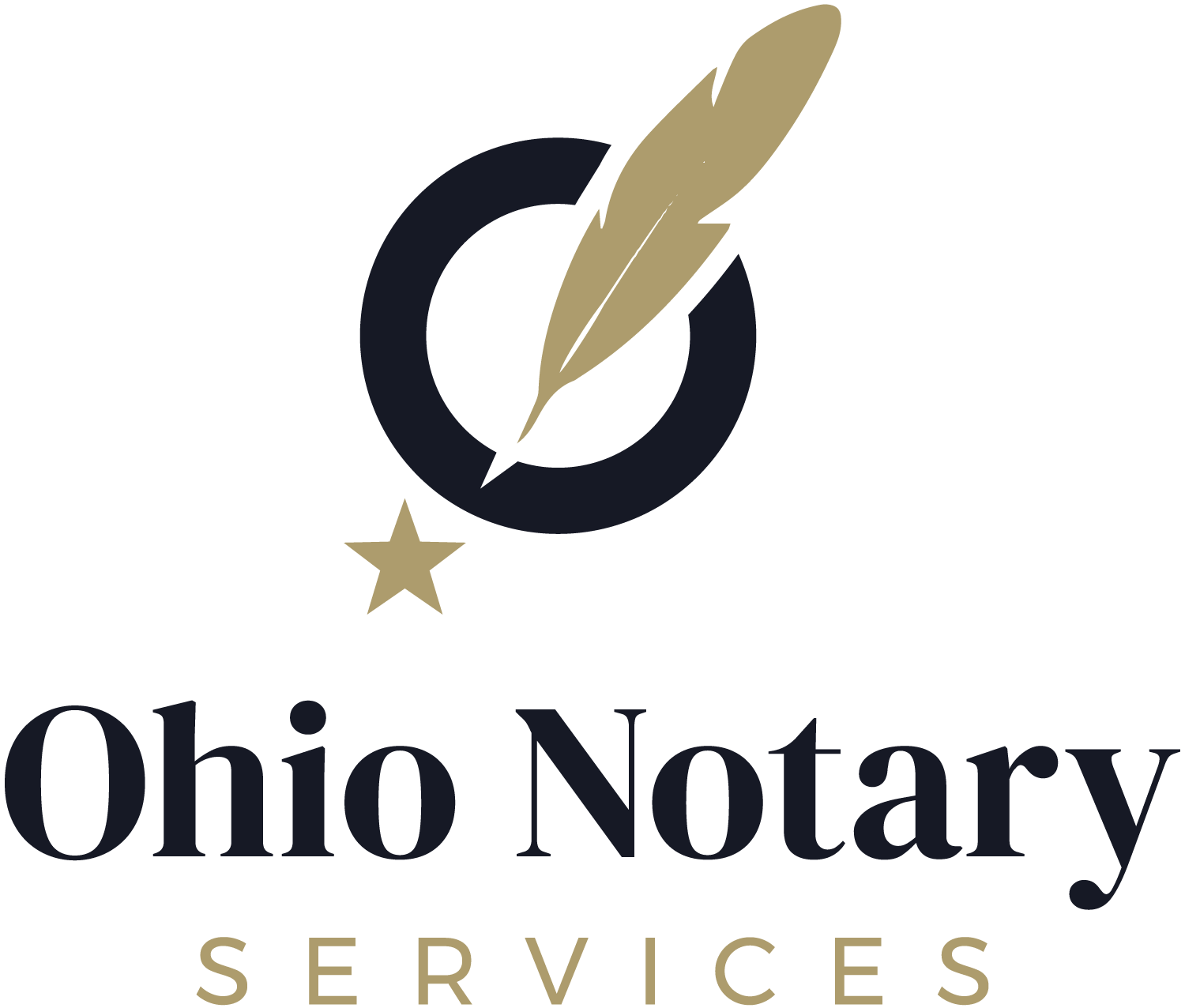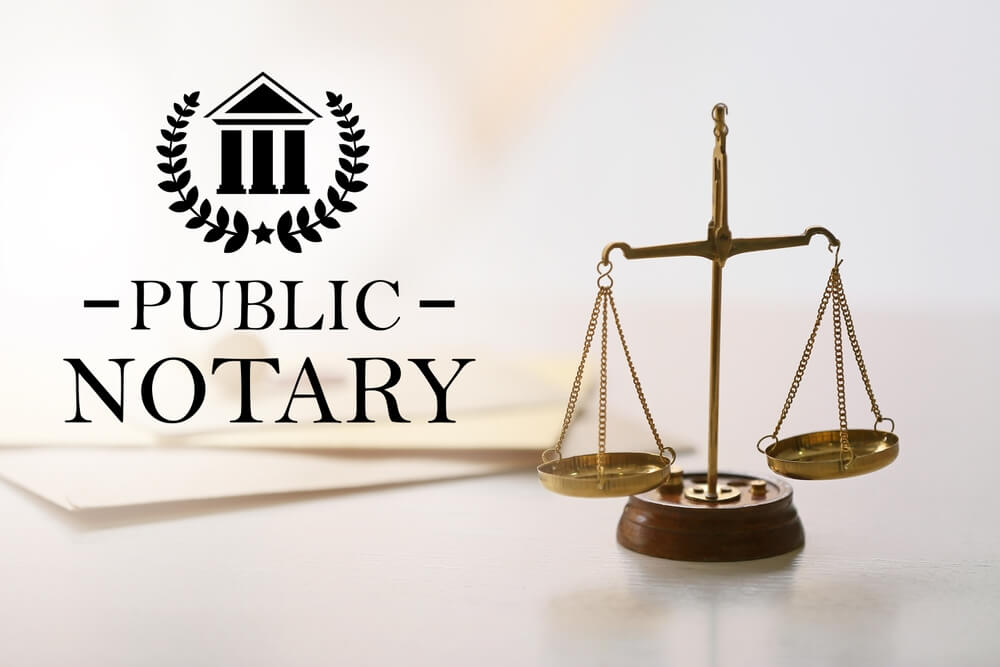Proficient Conveyancer: Helping With Smooth Property Deals
Wiki Article
Debunking Notarial Job: Streamlining the Role and Importance of Notaries
Their role, typically shrouded in secret for numerous, carries significant weight in guaranteeing the validity and honesty of vital records. By untangling the intricacies dropping and bordering notarial methods light on the significance of their acts, a clearer understanding emerges of the essential function notaries play in upholding the fabric of lawful and legal agreements.The History of Notarial Job
Exactly how did notarial work evolve over time to become an integral part of legal and service purchases? The background of notarial work days back to ancient people, where scribes played a critical role in tape-recording crucial information and authenticating files. As cultures progressed, the demand for a much more formalized system to ensure the credibility of arrangements arose. This resulted in the development of notaries, individuals designated by the state to act as objective witnesses in lawful matters.
Throughout the Center Ages, notaries acquired prestige in Europe, with their features increasing to include drafting lawful documents, certifying signatures, and protecting records. The surge of global profession even more highlighted the value of notarial operate in validating agreements and arrangements throughout boundaries.
In the modern period, notaries proceed to play an essential duty in legal and business transactions by confirming identifications, confirming the credibility of files, and protecting against fraud. Their role in certifying the validity of contracts includes a layer of protection and trust to the ever-evolving landscape of commerce and regulation.

Tasks and Responsibilities of Notaries
Notaries play an important function in validating the authenticity of files and the identification of signatures. One of their main obligations is to witness the finalizing of vital files, such as deeds, agreements, and wills, to ensure that all celebrations are getting in into contracts intentionally and voluntarily.They certify duplicates of initial papers, giving guarantee to establishments that the copies are true replicas of the originals. Overall, the obligations and responsibilities of notaries are essential in safeguarding the honesty and legitimacy of different files and transactions - Conveyancer.
Notarial Certificates and Signatures
Exhibiting careful interest to detail, notarial certifications and signatures serve as essential parts in confirming the credibility of legal papers. Notarial certificates typically contain essential information such as the day of notarization, the names of the signatures, a description of the paper, and the notary's official seal. These certificates supply a clear document of the notarial act, making sure that the document can be quickly determined and traced back to the notary that supervised the procedure.Trademarks play a pivotal duty in notarial work, as they signify the arrangement and approval of the parties included. Notaries meticulously witness the finalizing of documents to confirm the identification of the signatures and validate that they are authorizing of their own free choice. By attaching their official seal and trademark to the file, notaries license that the required procedures have been adhered to and that the document is enforceable and valid.
Fundamentally, notarial certifications and trademarks are the hallmark of authenticity in lawful purchases, supplying guarantee Notary to all celebrations entailed that the documents are legit and binding.
Importance of Notarial Acts

Registration Refine Clarified
The registration procedure usually starts with the specific providing the file to a notary public. As soon as the identification is validated, the notary makes sure that the private signing the record does so willingly and without any kind of coercion.
Verdict

Notarial certifications typically include vital information such as the date of notarization, the names of the notaries, a summary of the paper, and the notary's main seal. These certifications provide a clear record of the notarial act, guaranteeing that the record can be easily identified and mapped back to the notary that supervised the procedure.
By fastening their main seal and trademark to the record, notaries license that the required procedures have been followed and that the file is enforceable and valid.
By verifying the identity of the signatories, confirming their readiness to get in right into the contract, and accrediting the day and area of the finalizing, notaries play a crucial role in upholding the validity of legal documents.After the document is authorized, the notary will certainly fasten their official seal or stamp onto the record.
Report this wiki page